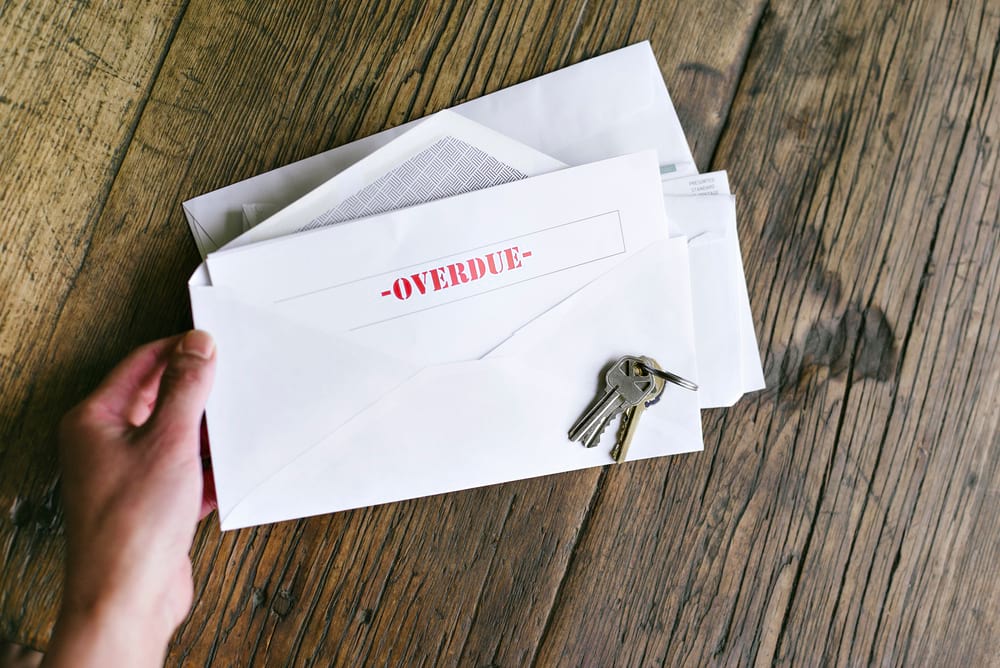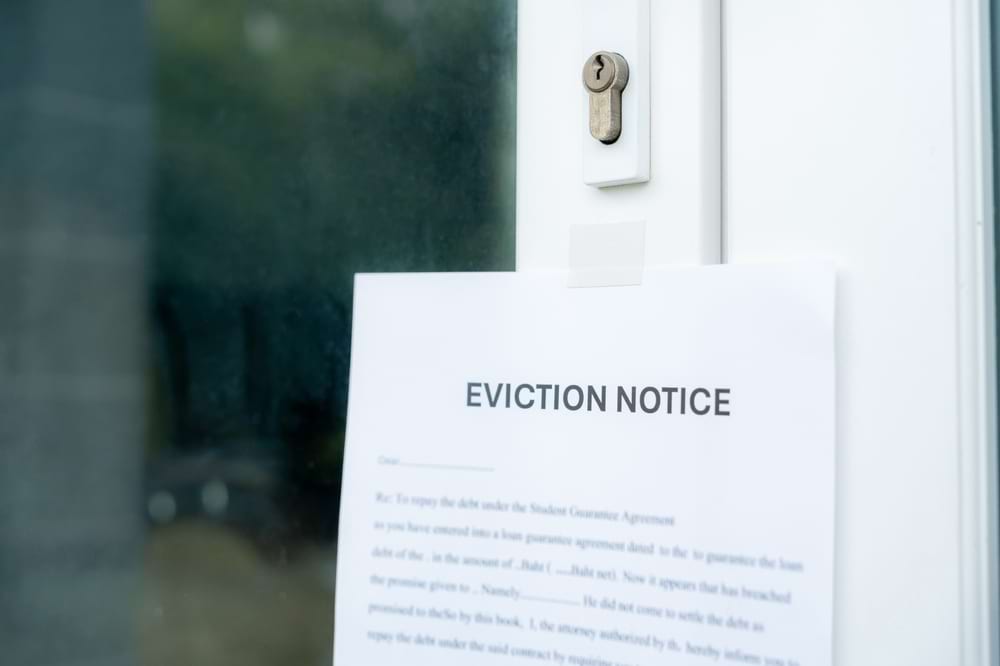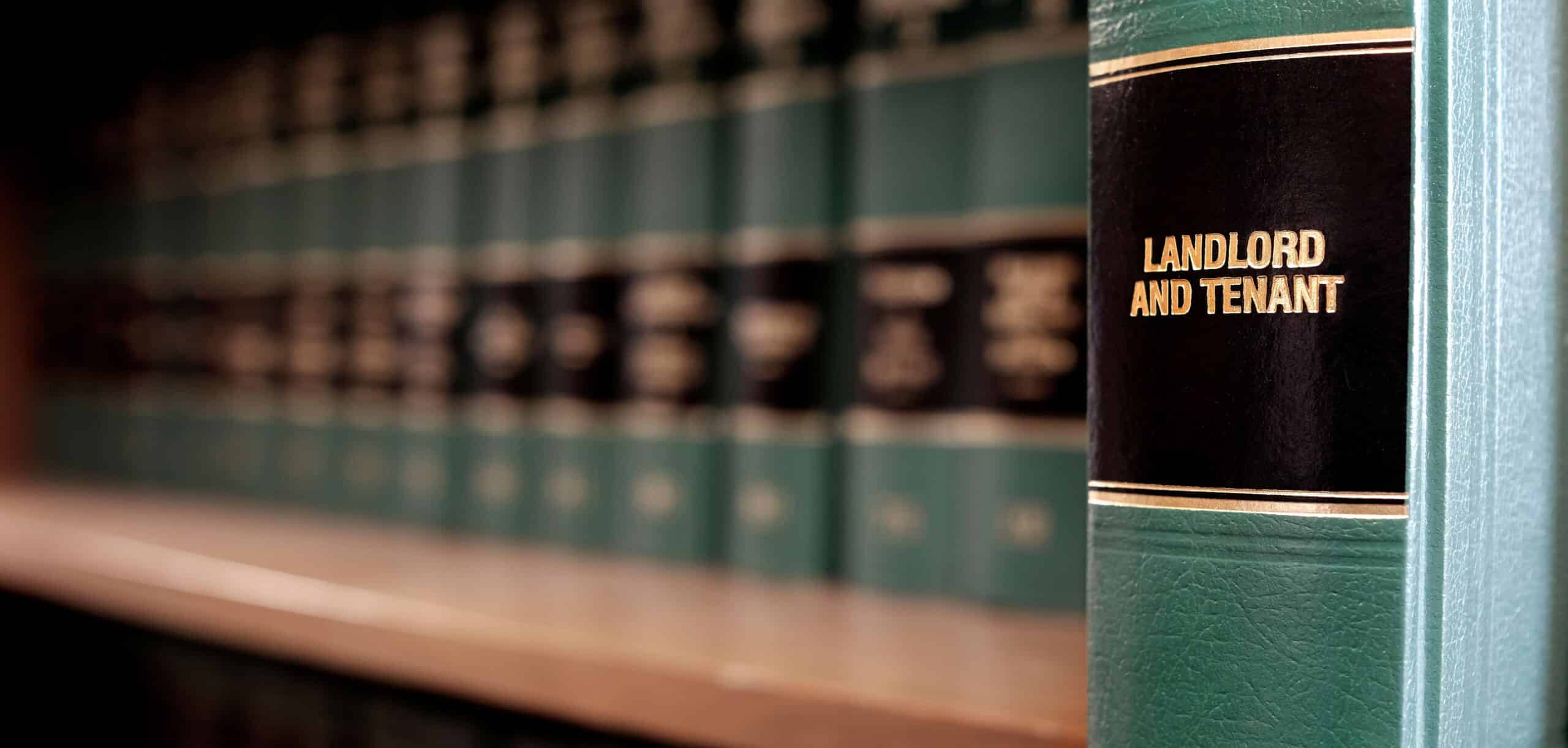Approximately 16.2% (11 million people) of the UK rents today.
This is a 5% increase (and double the number) from the year 2000.
Unfortunately, there has also been a rise in unpaid rent.
According to one report, rent arrears rose by 27% between April 2023 and April 2024.
So what can landlords do about tenants not paying rent?
Read on to find out.
Reasons for unpaid rent
Understanding why your tenant is not paying rent is crucial.
They might have valid reasons that mean they will pay late rather than not at all. For example:
- Their employer has paid them late
- Their bank card has been lost or stolen.
Alternatively, perhaps they simply forgot due to being on holiday, work commitments, personal issues, etc.
In these cases, you may choose to be lenient and accept a late payment.
Or they could be purposely being problematic. In these cases, you may be able to establish whether there is a cause to their behaviour.
For example, they might be angry about you not having fixed an issue with the property. Or they may claim you have raised the rent by an unreasonable amount.
Either way, opening a line of communication might help you find a solution or compromise.
Eviction
Non-payment of rent gives landlords grounds to evict tenants, namely a section 8 eviction.
However, this can take time, depending on the specifics of the case and the courts’ capacity. This time frame could vary anywhere from 2 weeks to 2 months.
How to collect unpaid rent after a tenant moves out
If tenants have moved out with outstanding rent, the most common solution is to keep their deposit.
Their deposit should be held in a deposit scheme. You simply need to apply to the relevant scheme with the necessary evidence to gain access to it.
How long does a landlord have to collect unpaid rent?
A landlord has up to 6 years to collect unpaid rent in the United Kingdom. This period begins on the date the rent is due.
Even if you only discover the unpaid rent a few years later, it doesn’t change this timeframe.
Can a rent repayment plan exceed the 6-year threshold?
Yes, this is possible. As long as the case is pursued within 6 years, repayments can be made outside the time limit.
How to collect unpaid rent
1. Keep tenant’s deposit
One of the most common methods is to deduct it from your renter’s deposit.
This should be in a deposit protection scheme, which you’ll have to contact with evidence of the unpaid rent.
Hopefully, this sum will cover everything you’re owed. If not, you need to explore other solutions.
2. Contact the renter’s guarantor
This only works if they’ve one and have signed up for it in the contract. They could also be held responsible for repaying the funds.
3. Negotiate with tenant
Tenants sometimes simply lack the funds to pay their rent on time. They may have recently lost money or employment, for example.
In these circumstances, negotiate a payment plan.
Perhaps paying half the monthly rent over double the time frame would be manageable for you both. Or having a month breather before resuming repayment.
4. Take tenant to court
A final option is to take your renter to court. This may prompt bailiffs or attachment of earnings to recover the debt.
It’s often the slowest method, but it may be the only choice you’ve.
Steps for suing a tenant for unpaid rent
You can sue a tenant for unpaid rent. You’ll need to show that they’re in violation of their tenancy contract.
The case will be brought before either the county or small claims court. It depends on the amount that’s owed.
A county court order (CCJ) can be issued if you’re successful. This forces the tenant to pay you back within a set time frame or according to a payment plan.
One: Send a letter to your tenant outlining the claim
You should put your claim in writing to your tenant. This is an important step before you file a claim with the court.
It explains your position and the amount you’re suing them for.
Two: File a claim with the court
You should file a claim with the court next. Your solicitor can help you complete the paperwork.
They can also do it all for you. This guarantees that you give yourself the best possible chance of success.
Three: Court proceedings
You’ll be given a date for attending the court and having a hearing about the unpaid rent.
Make sure to prepare for this by gathering all the evidence you need.
You should also liaise with your solicitor or lawyer to ensure your argument is crystal clear.
Then, attend on the day, and make your case. If you’re successful, it’ll result in a court order for your tenant to repay the money.
This is enforceable by law, so bailiffs can get involved if tenants continue to delay.



















